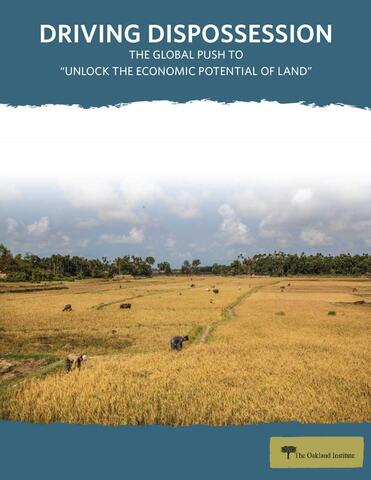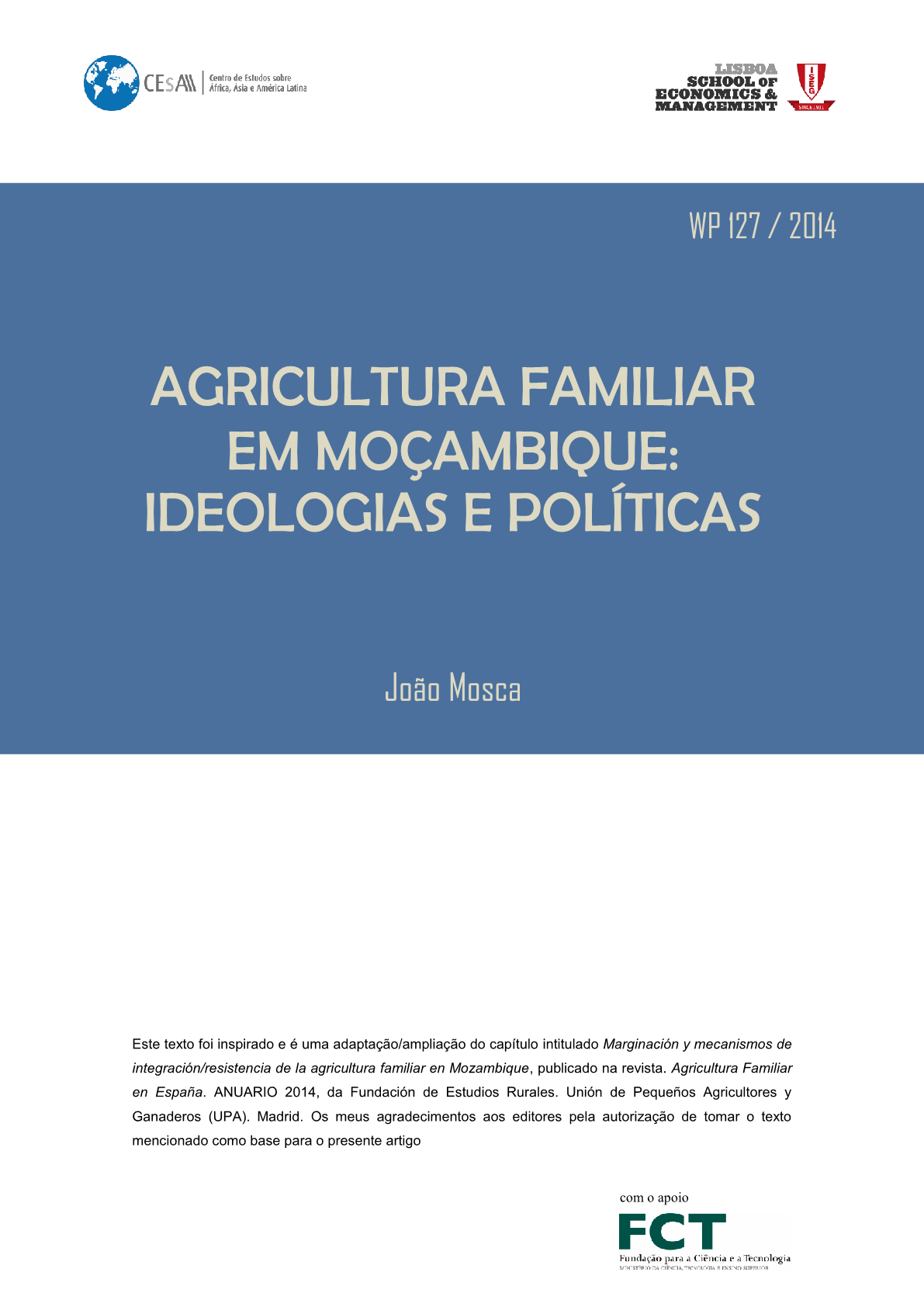Natural Land Productivity, Cooperation and Comparative Development
This research advances the hypothesis that natural land productivity in the past, and its effect on the desirable level of cooperation in the agricultural sector, had a persistent effect on the evolution of social capital, the process of industrialization and comparative economic development across the globe.







